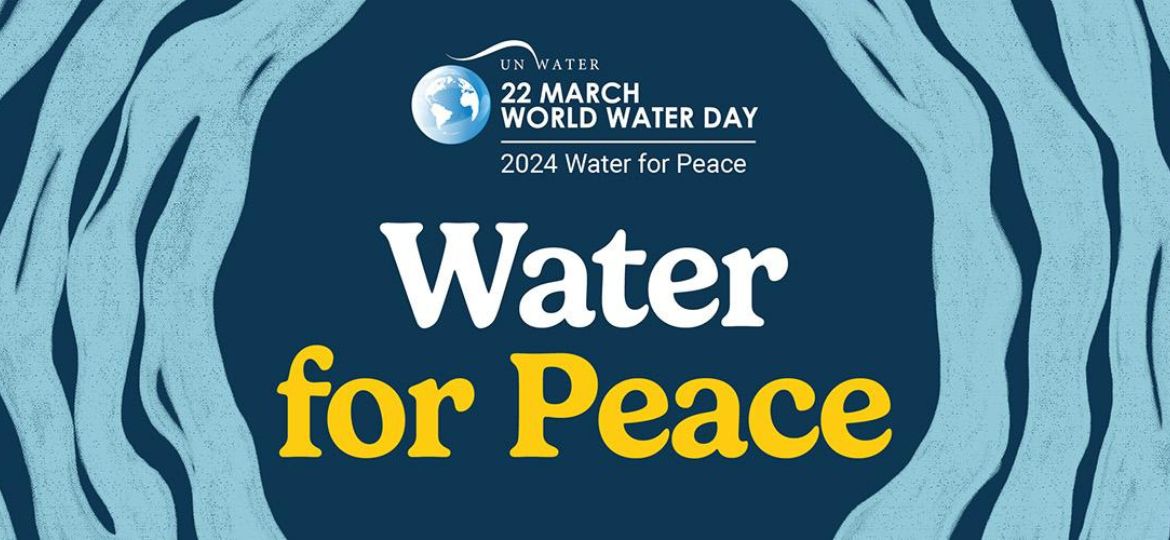
World Water Day 2024: Water for Peace
Water management can either create peace or trigger conflicts; it can give life or take it away. Water is at the epicenter of sustainable development and is crucial for the survival of humanity. On this World Water Day, we join the United Nations in highlighting water as a guarantor of prosperity and international peace, as access to water is linked to current global security.
“If the wars of this century were fought over oil, the wars of the next century will be fought over water unless we change our approach to managing this precious and vital resource.”
With these words in 1995, Ismail Serageldin seemed to foretell the future. In the last 20 years, at least 1,057 conflicts over water have been recorded. We are currently facing a socially and politically conditioned water crisis, not resulting from the nature of the resource itself but from its management. This produces a series of negative consequences for the environment, humanity, and other living beings on the planet. As the world’s population grows and the impacts of climate change increase, there is a greater need, within and between countries, to unite to protect and conserve our most precious resource and thus ensure peace.
Public health and prosperity, food and energy systems, economic productivity, and environmental integrity depend on the proper functioning and equitable management of the water cycle. When water is scarce or contaminated, or when people have unequal or no access, tensions between communities and countries can rise. So, what role does water play in conflicts?
The Pacific Institute, a think tank analyzing the global water situation, distinguishes three types of conflict based on the role of water: triggers, where the resource is the cause of the conflict; weapons, where control over it becomes an instrument of conflict; or victims, where water resources are damaged by what happens in the conflict. Similarly, the three categories can be combined in the same conflict and will vary depending on the country, economy, politics, or geography.
Attacks on civilian infrastructure, including water supply systems, pose a significant risk to human health and violate international humanitarian law. This resource can be considered a multiplier in complex conflict or fragility scenarios when a government’s inability to provide basic water-related services leads to the delegitimization of state institutions.
Currently, water is considered a strategic resource and has become a major policy issue where all peace agreements or initiatives must include it as a core theme.
Contributing to a Better World
To reduce conflicts over water by addressing the issue of water scarcity, it is necessary to coordinate the development of techniques that seek and increase water resources at the national, regional, and international levels. At Almar Water Solutions, we drive progress by tackling the most significant challenge on our planet: access to water.
We are aware of the importance of this resource for achieving peace and prosperity in society. In this regard, we develop unconventional water solutions that are efficient for achieving water security and environmentally friendly to address the water crisis we face.
Through desalination and reuse, we can help balance the relative needs of all and support stabilizing the world. Additionally, it is necessary to promote fair and sustainable water use and place cooperation in this matter at the center of political actions. Water can be a tool for peace when communities and countries cooperate around this shared resource.
Water management can create peace or trigger conflicts. It is in our hands to decide what we choose.
It is time to contribute to a better world.

